Journalists must comply with News Media Law: Myanmar Press Council says
Now that journalists in Myanmar have been charged under laws that are not applicable to journalism and the media, the News Media Law should only be employed to charge journalists who don’t adhere to the requisites of the laws, the Myanmar Press Council (MPC) said in its statement released on May 16.
17 May 2019

Sein Ko Ko and Khin Tharaphy Oo/ DMG
May 16, Sittwe
Now that journalists in Myanmar have been charged under laws that are not applicable to journalism and the media, the News Media Law should only be employed to charge journalists who don’t adhere to the requisites of the laws, the Myanmar Press Council (MPC) said in its statement released on May 16.
Journalists have had lawsuits issued against them and they have been questioned and detained under irrelevant laws. So, people or groups who want to file lawsuits or press charges against journalists should first state their case to the Myanmar Press Council, the statement said.
“If a case cannot be resolved, you must take your case to the Myanmar Press Council so the proper measures can be carried out according to News Media Law,” said U Myint Kyaw, secretary of the MPC.
When it comes to news coverage about skirmishes in Arakan State, some news agencies have had charges brought against them; this could result in making their reporters who are collecting news on the ground vulnerable to being arrested, in spite of reporting on truthful newsworthy events, said U Khaing Myat Kyaw, chief editor of the Narinjara News Agency.
If journalists cannot report factual information, media outlets would lose people’s trust and respect, so news agencies have to present news and information that is accurate and candid, he said.
“We have to cover various news stories, so there will be news about the military. So, journalists have to think twice if a news story should be covered or not because situations for reporters can be very tricky if sources in a story have not been completely verified as one-hundred percent fact. Journalists are concerned for possible risks of being arrested, so it’s not a good situation for journalists to be in,” he added.
The principles put forth in the News Media Law are stringent and if a journalist’s reporting is faulty, or if a news story they’re reporting on isn’t one-hundred percent credible and verifiable they can be liable for legal action under the laws, said U Tun Aung Kyaw, general secretary of the Arakan National Party.
Indicting a journalist under other laws that are not related to journalism is an attempt to suppress the truth about real news stories, he added.
“It is fitting to charge a journalist under the News Media Law if they didn’t follow the stipulations of the laws. However, I think, it’s wrong to employ irrelevant laws in order to charge a journalist for any alleged action,” he said.
Currently, a senior editor of The Irrawaddy has had legal actions filed against them at the Kyauktada township police station in Yangon Region under section 66 (d) of the Telecommunications Law and the SB has opened a lawsuit against the chief editor of Sittwe based Arakanese news agency, Development Media Group (DMG) under section (17/2) of the Unlawful Association Law at Sittwe’s No. (1) Police Station in Arakan State. On May 15, a reporter from the Channel Mandalay News Agency who was gathering news at a protest has been detained in Patheingyi Township police station in Mandalay Region.
There are only two cases that a media organization has been charged with under the News Media Law; one case is under the previous government and the other case was filed under the incumbent government, according to the Myanmar Press Council.




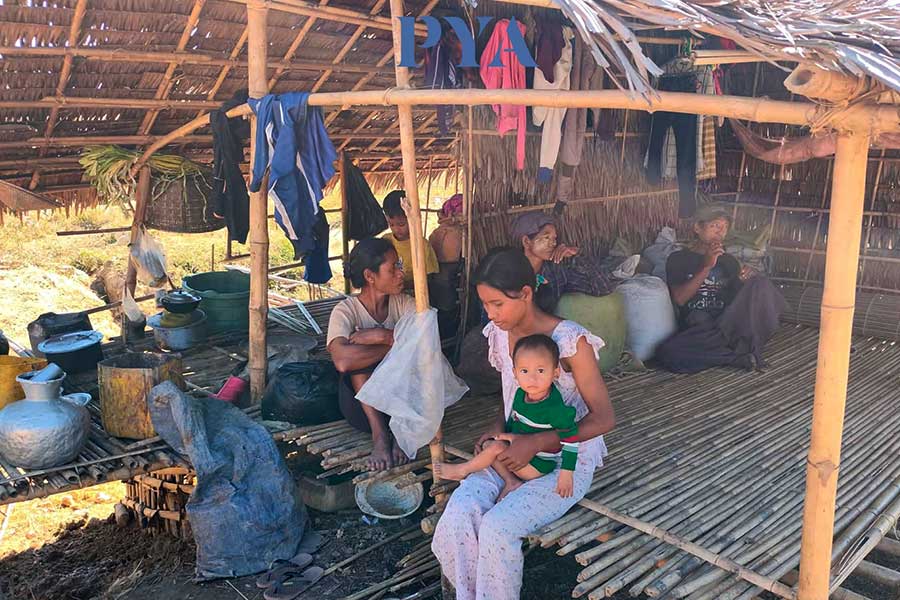
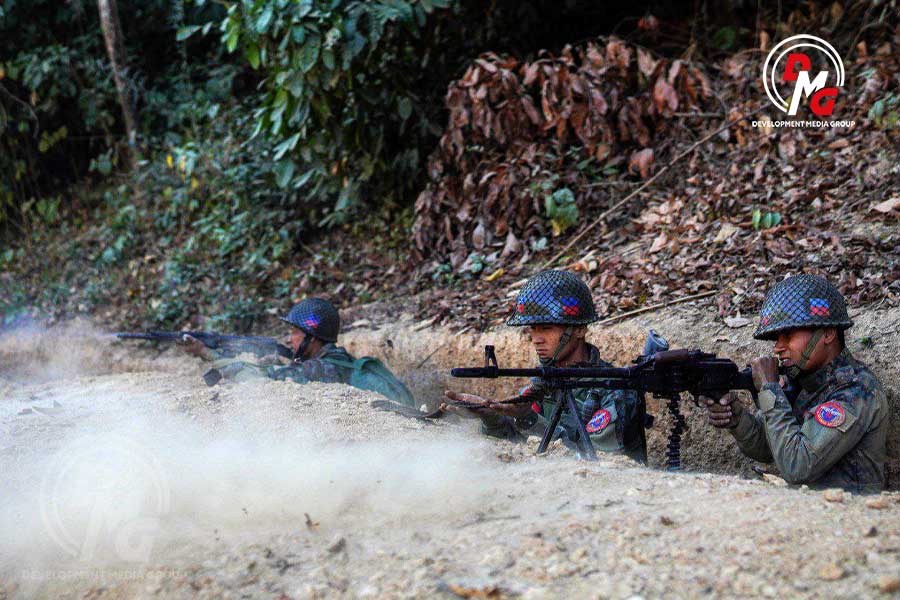
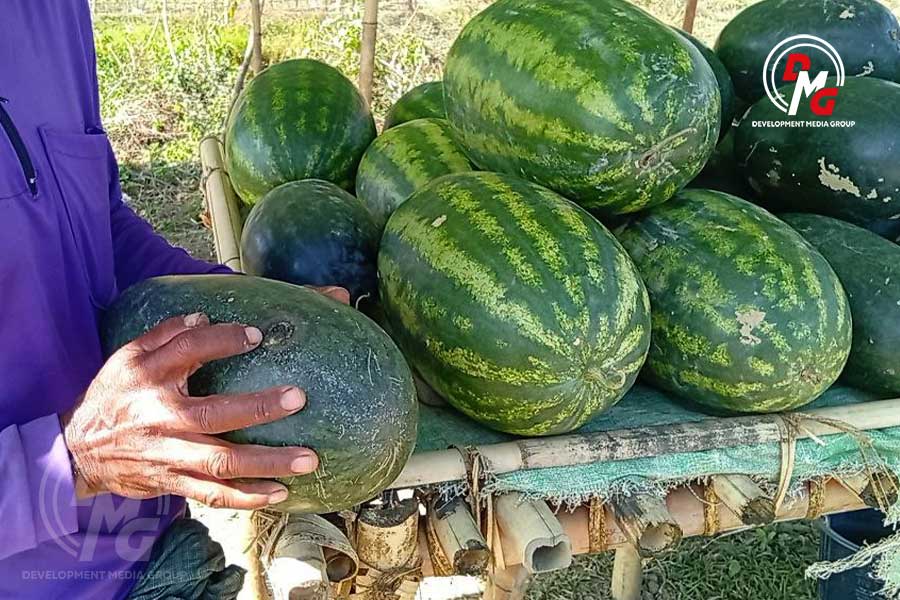
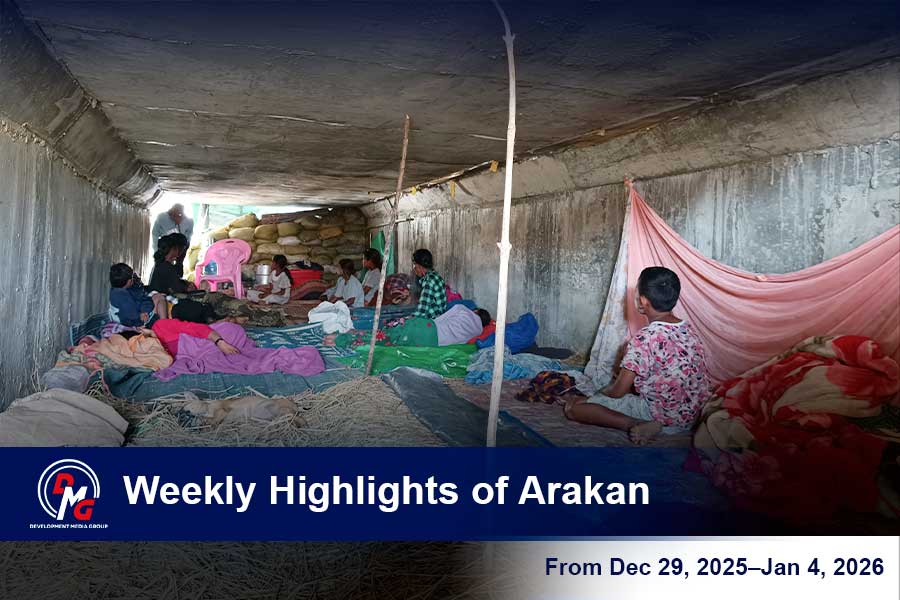
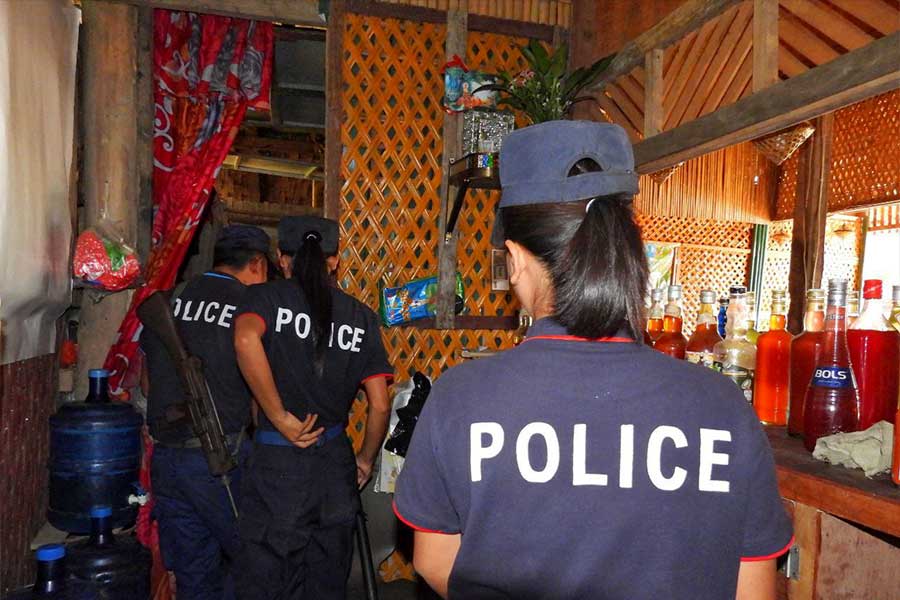





.jpg)


